The Office of Alumni Relations and Office of Career Services and Leadership Management are pleased to resume our career mentorship program for the spring semester!
The program will run from Monday, February 1 through Friday, May 28. Requests will be accepted until Friday, May 14.
Mentoring Program Overview
Through this program, students can request to connect with up to 3 alums per month for 1:1 conversations to:
-
- Gain insights and perspectives about a career path, field, organization, or industry;
- Get advice about career planning, searching and applying for jobs (including resume writing), networking, interviewing, or navigating life after CSSW; OR
- Seek support in general from someone who’s been in your shoes as a student
Interested?
-
- Fill out this mentoring program interest form. On the form, you will find a link to a directory with a list of more than 300 alumni volunteer mentors who are eager to meet you! Select the one you’re interested in meeting. Note that you will have to complete this form for each request.
- After submitting the form, you will receive an email confirmation as well as an introductory email from Jennifer March from Alumni Relations connecting you to the alum of choice within a few business days. If you don’t hear from Jennifer in that time frame, please email her directly at [email protected] to follow up.
- Once you receive the email, it will be your responsibility to arrange a meeting directly with the alum using the contact information provided. While Zoom meetings are recommended, you can choose a platform that works best for both you and the alum.
Remember: This is NOT a forum to ask for a job or a recommendation for a job, but rather an opportunity to gather valuable information based on their knowledge and expertise.
After the initial meeting, it will be up to you and the alum to decide whether to continue to stay in touch.
Questions?
For general questions about our alumni mentors, please email Jennifer March at [email protected].
For guidance on how to prepare for a meeting, refer to our Informational Interview Guide. You can also view free, on-demand webinars on informational interviewing (and other career development topics) from LinkedIn Learning, or schedule an appointment with the career team to discuss further.
We hope you take advantage of this special opportunity!


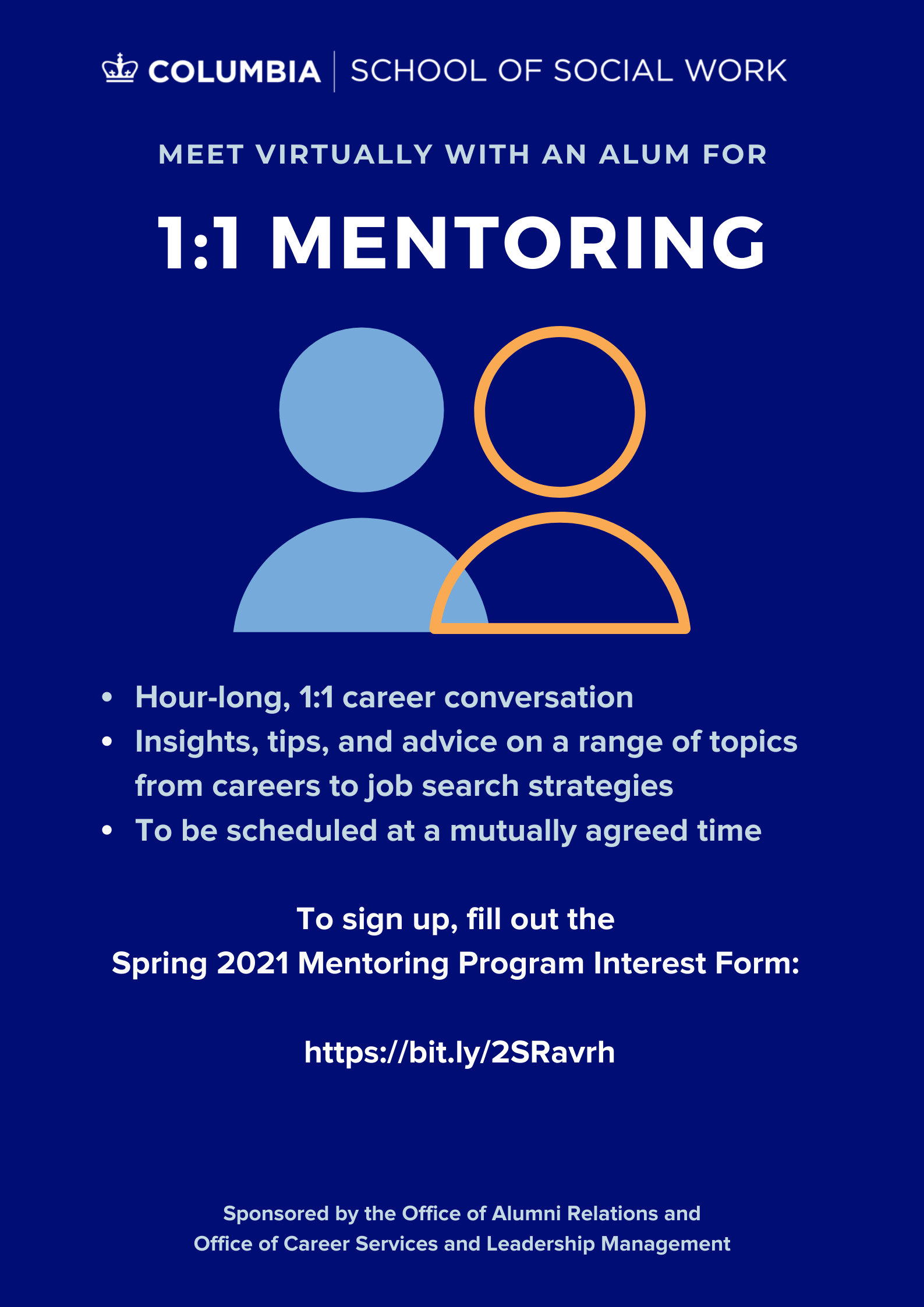

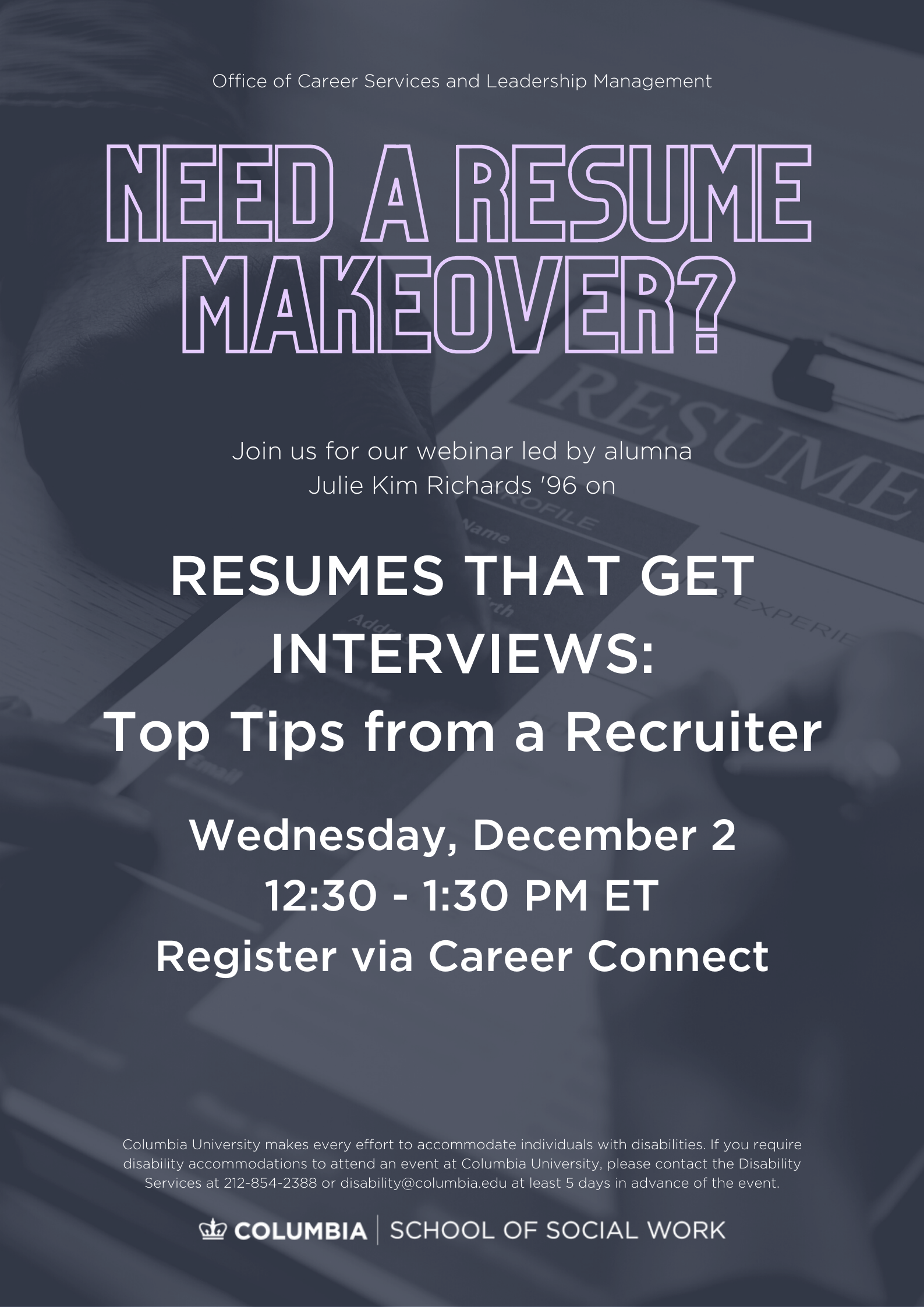

 The global COVID-19 pandemic, sociopolitical climate, and accompanying distress — particularly for BIPOC communities that have been disproportionately impacted — have brought added challenges to an already stressful job-hunt process. For those graduating next spring, these challenges may feel particularly pressing.
The global COVID-19 pandemic, sociopolitical climate, and accompanying distress — particularly for BIPOC communities that have been disproportionately impacted — have brought added challenges to an already stressful job-hunt process. For those graduating next spring, these challenges may feel particularly pressing. Does the idea of conducting informational interviews feel intimidating?
Does the idea of conducting informational interviews feel intimidating?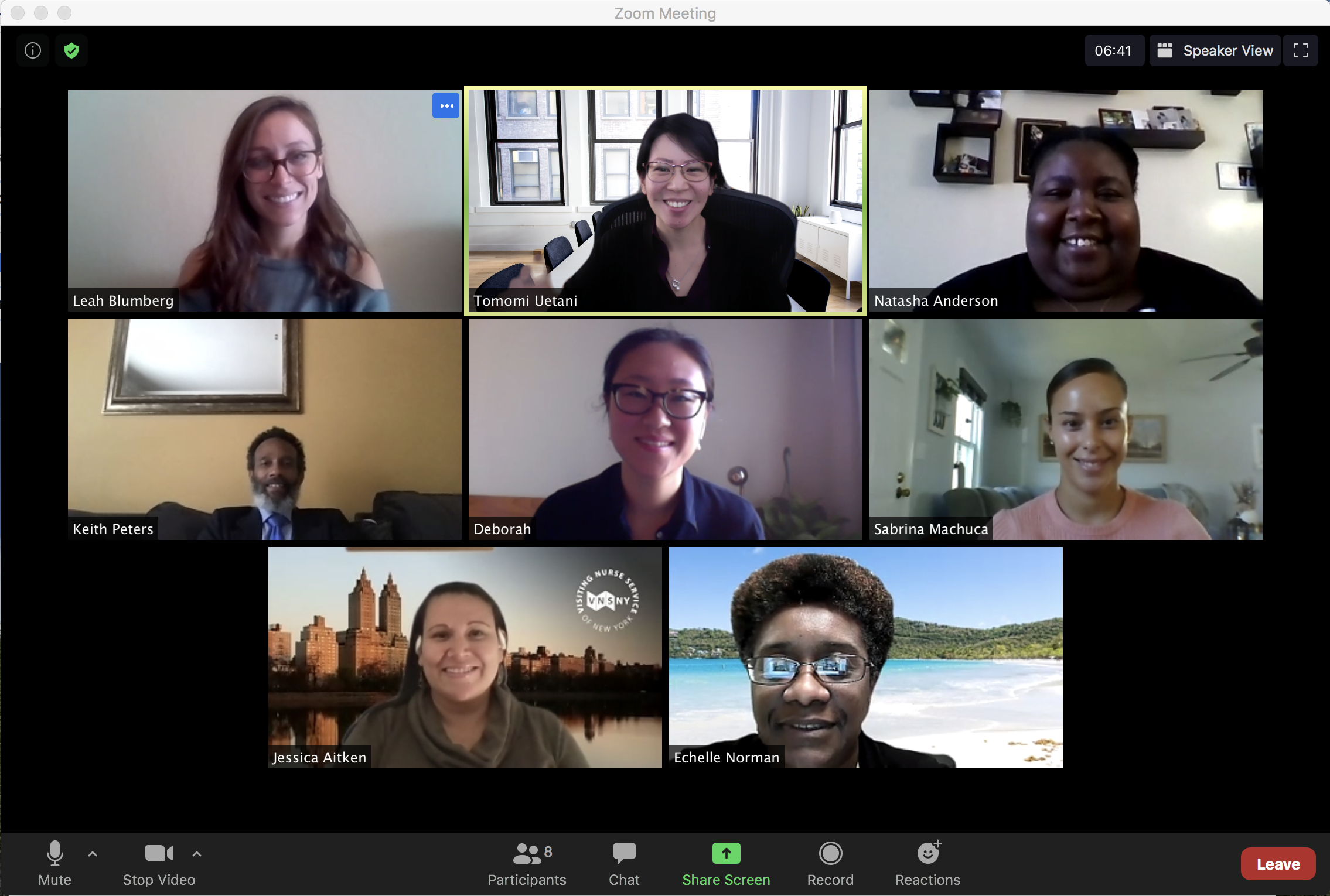
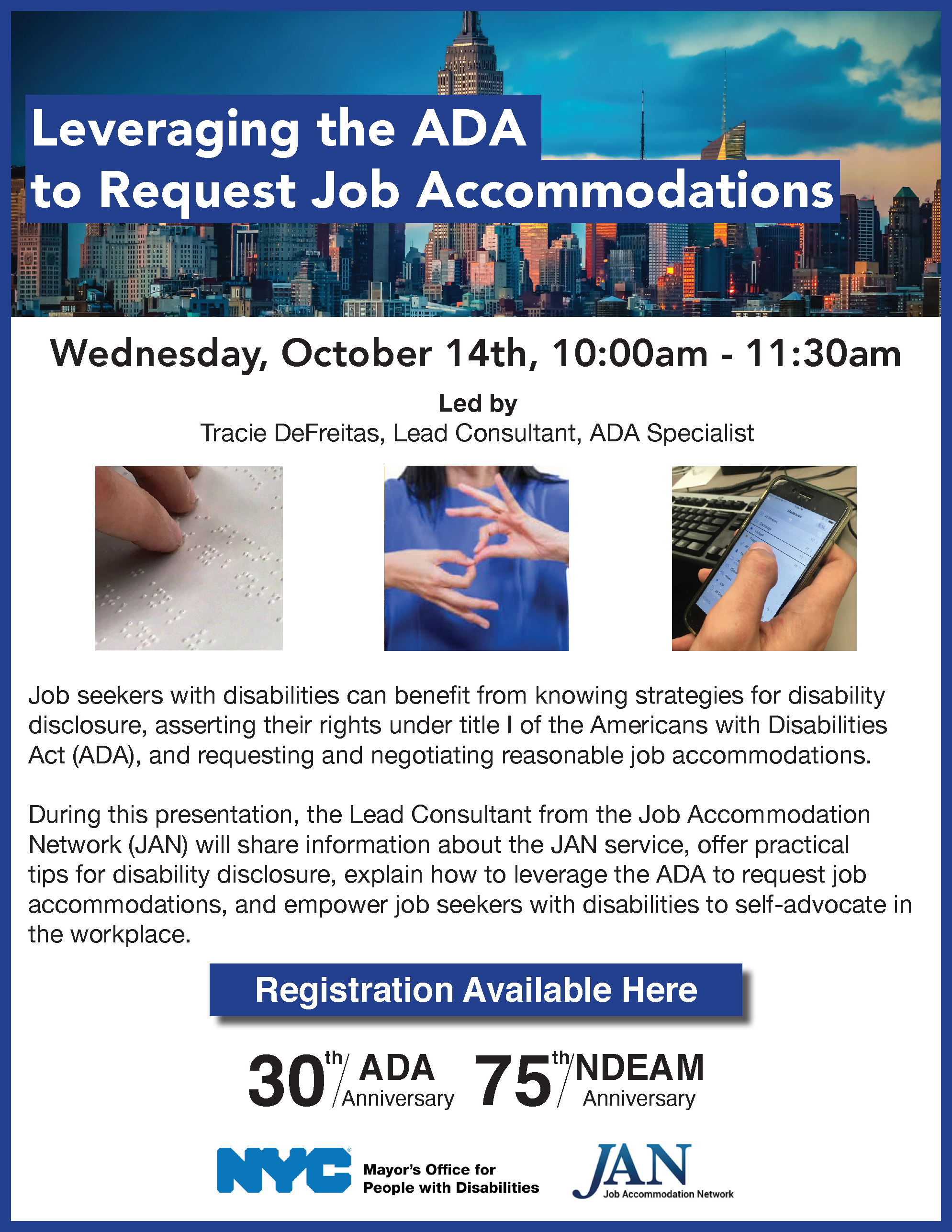

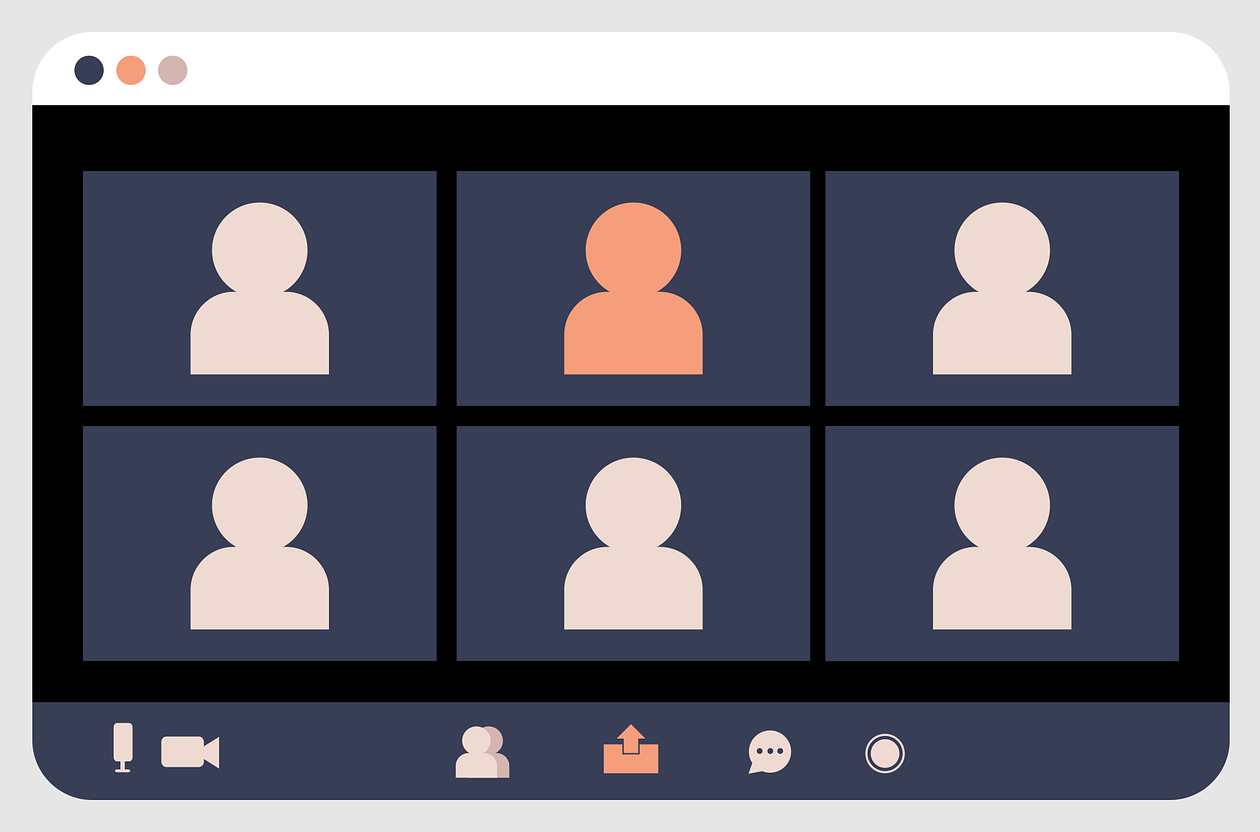





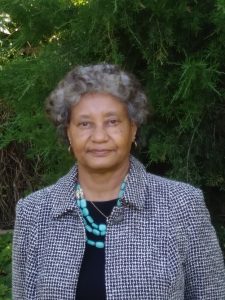


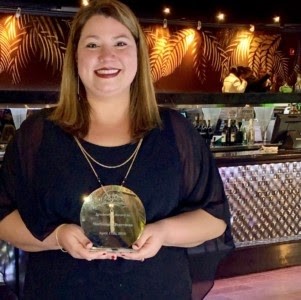

 Establishing your value and asking for more is not a selfish act, says Alexandra Carter, Director of the
Establishing your value and asking for more is not a selfish act, says Alexandra Carter, Director of the